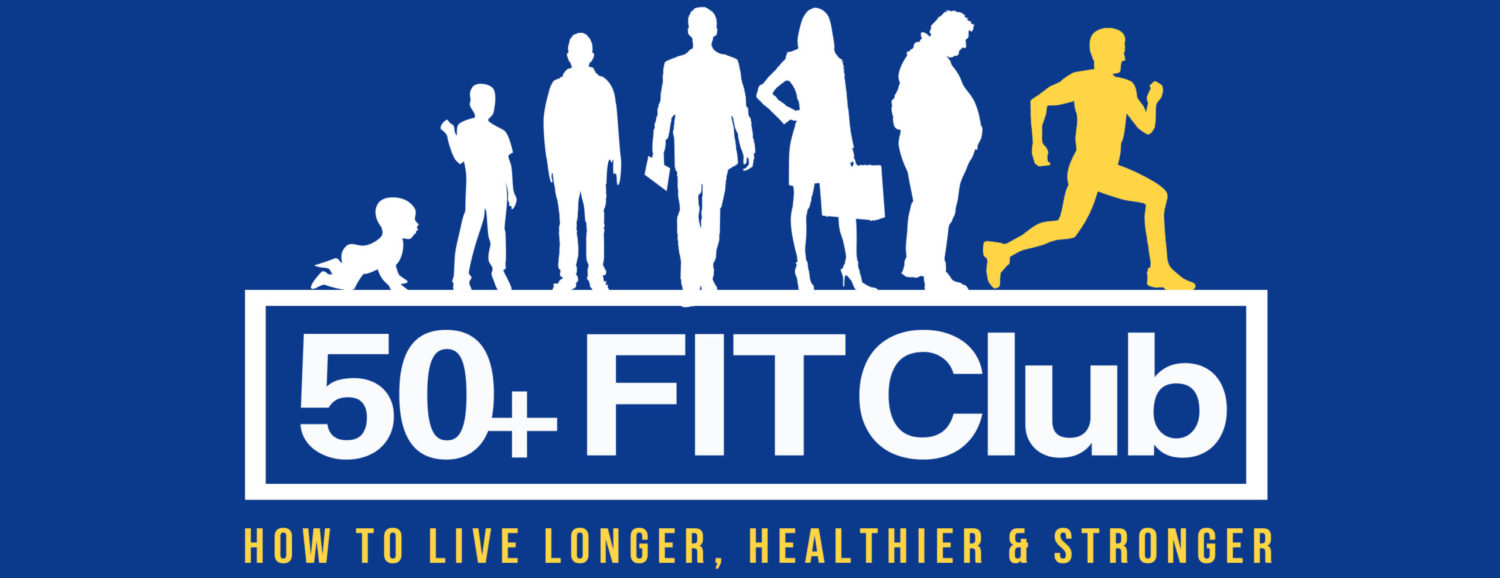
As you know, diet and nutrition information can be all over the place. What works great for some will do little or nothing for others. The simple explanation for this is not dramatic. If a particular diet approach happens to address your main issues then it will work for you. If the things that are holding you back remain unattended, then that new “super diet” will be a super waste of time as far as your body is concerned.
First off, a “diet” is simply the sum total of all the foods and beverages you consume during that day. It’s not something to go on or off of. You are always on some type of diet. You can “diet” to lose weight, have more energy, be healthier, or even to gain weight, but whatever you eat, that’s your diet. Even when dieting to lose, you should always “diet” on as many calories as possible. Restricting calories too fast or going too low will not force your body to permanently lose fat faster and will only slow down your metabolism sooner, making it easier to regain what you’ve lost.
You should diet on as wide of a variety of foods as possible. What some currently refer to as “flexible dieting” is something many of us have been doing for decades. There are no 7-8 magical foods that you’re restricted to. There are choices that will be better for you than others, but you’re not limited to never having certain things. Some people stay on track better by limiting their options and others do not. But you definitely can have a much wider variety of things than most people realize.
To lose weight you need to be in a caloric deficit or burn more calories than you take it. This is not about calorie restriction however but caloric control. Lower is not always better. It is also greatly affected by caloric expenditure (exercise) and metabolic optimization (how many calories you burn at rest). Your metabolism is a huge key and you cannot minimize it by over-dieting or over-training if you want long-term success.
All calories are not equal in the body. Being equal to each other in a closed system or environment is not relevant. Certain things will affect your body and endocrine system very differently than an equivalent caloric amount of other things in terms of blood sugar levels, digestion rate, ease of storage, thermic effect, energy production, etc. While there is room for variety (IIFYM) there are better or worse choices that we can make. 2,500 calories of pizza, donuts, cookies, and wine will have a different effect on your body than 2,500 calories of chicken breast, brown rice, broccoli, and avocado.
Your body doesn’t want to lose weight or get lean beyond a certain point. Your body wants to survive. It wants to store food and conserve energy. You can’t force it, you have to coax it as it will only change so fast.
Your body is in charge. Listen to it and keep track of how it responds and how it is affected by the things you give it. Your body will let you know what is or is not working for you.
There is no secret, easy way. Sorry! 🙂
Keep striving to learn as much as possible but always use common sense and be patient and consistent.
Check out My Book: The Diet That Works 2nd Edition





Leave a Reply